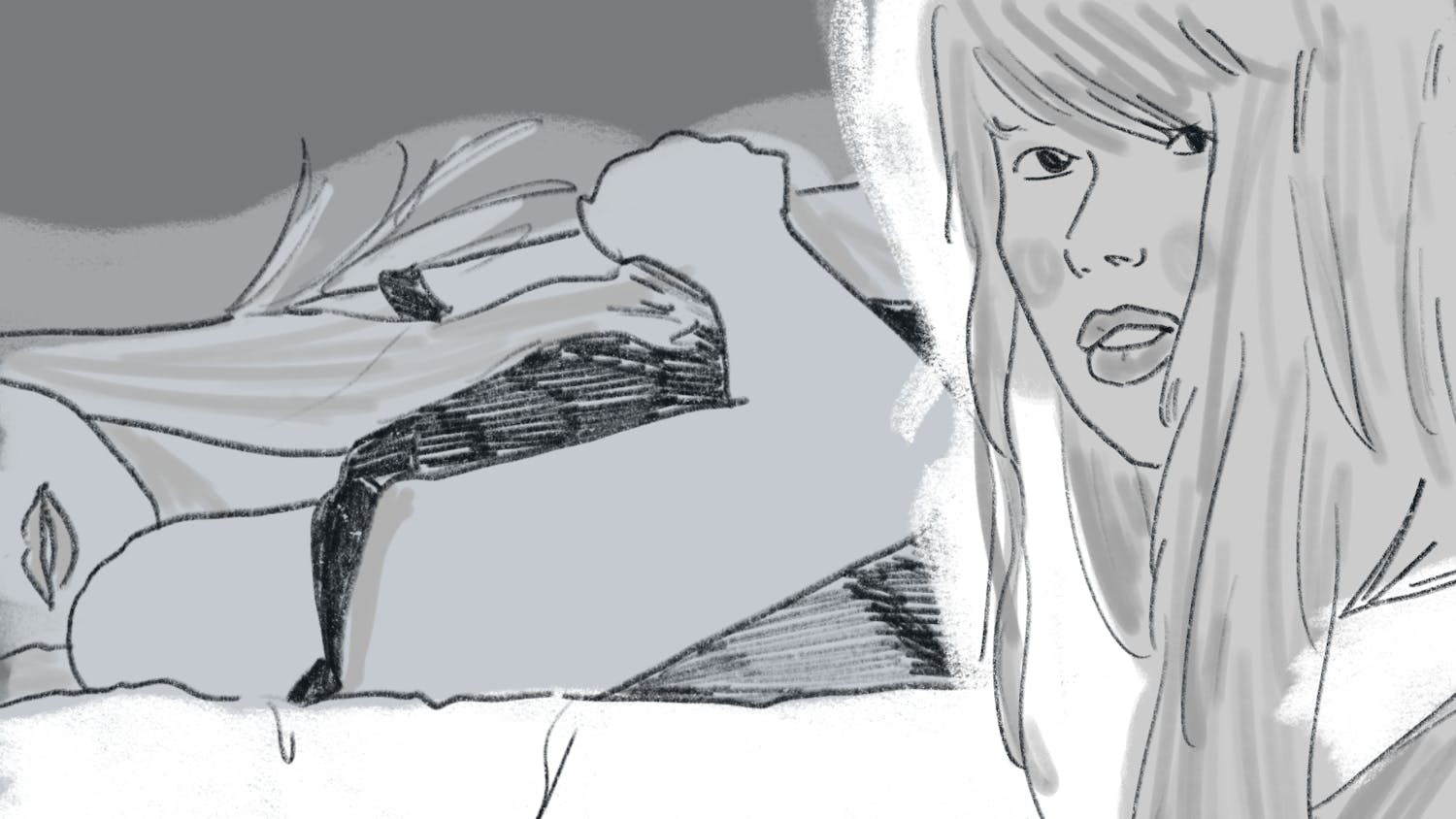Taking place in the Philippines in 1945, "The Great Raid" claims to be a dramatic reenactment of the 6th Ranger Battalion's attempt to free 500 men from the Cabanatuan Japanese POW camp. However, contrary to this original-sounding summary, it is the same movie as "Pearl Harbor" (2001). Yes, hearts raced, patriotism soared and a beautiful woman cried out in fear for her beloved soldier's life. The Japanese soldiers were referred to disdainfully as "Japs," and the men in American uniforms do their best to carry the day.
The movie opens with a brief note on the historical context, narrated by Capt. Prince, played by James Franco, a young man from the ROTC program at Stanford putting in his time as an officer in the Philippines. He appears to be in charge of strategy for his unit, but is supervised by Lt. Colonel Mucci (Benjamin Bratt).
The writers waste no time in portraying these young men as underdogs and rural farmhands who are whipped into shape until they are one of the most skilled and least celebrated units of the military. They are to go on a dangerous mission to the Cabanatuan POW camp, where they will attempt to free those POWs who survived the Bataan death march of 1942, and who have now spent up to 3 years hopelessly suffering in the camp.
Joseph Fiennes is Maj. Gibson, a respected and high-ranking prisoner of the camp now suffering from malaria. Fiennes is up to his usual and well-practiced trick of being a doomed and suffering lover; the only twist is that he is wearing all khaki and acting in a set resembling a POW camp.
The rescuers struggle through the Philippines while trying to keep their one advantage, the element of surprise, while running into enemy convoys and other obstacles. The men in the POW camp must outsmart the new controllers of the camp, including a ruthless head of the secret police who awaits orders to liquidate them. All the while, beautiful Margaret, played by Connie Nielson of "Gladiator" and "Rushmore," organizes the Filipino resistance in Manila to get stolen quinine and food to the prisoners at the camp.
New challenges always face the resistance: set-ups, the police, imprisonment and murder wait around every corner. Margaret is a nurse in Manila and the widow of Maj. Gibson's former superior. Gibson and Margaret were in love, but both too honorable to act upon their feelings. Now, they pine for one another and do what they can to strengthen their love, despite the miles and fences that separate them.
The soldiers inch closer and closer to Cabanatuan, aided by both the seasoned Alamo Scouts of the area and the quick wits of heartthrob Prince and the morose Mucci.
Things intensify as an escape attempt fails and 11 POWs are punished for it. Maj. Gibson's health quickly declines. At the same time, the resistance's problems also escalate -- several of its members are murdered, Margaret is jailed, and when finally released, she is forced to take flight into the mountains for her safety.
The American soldiers do eventually reach the camp and the raid begins. Explosions, exciting music, and handsome James Franco elevate the pulse level of the theater, but one cannot help feeling that it is all a bit cheap. Everything is so prolonged and dramatic that of course it tugs at the heart strings. Patriotism, great-looking people, and sappy refrains in the background force a certain amount of emotional investment. Yet, "The Great Raid" is unoriginal and trite -- nearly formulaic.
One cannot help but feel that this piece of history deserves a little more respect than an uninspired summer blockbuster. The writing is predictable and heart-rending in the most contrived of ways. The characters are hardly developed, and one wonders at the lack of characterization of Lt. Colonel Mucci and Capt. Prince. The Japanese characters are demonized and one-dimensional. Although the actors may be struggling with every inch of their being to exist for a few moments as their on-screen characters, the script gives them few meaningful characters with which to work. Miramax seems to bank on the idea that loud noises, explosions and bayonet wounds are splashy enough to retain an audience's attention.
Perhaps it is true-to-life in aspects of war which are unknown to this reviewer, but the exact composition of sweat shine, and artificial dirt on the faces of the actors quickly becomes so distracting that it is difficult to stay engaged. My, how Hollywood makes World War II seem glamorous! The conflicts have been done before, and "The Great Raid" introduces nothing new to the screen this summer.



